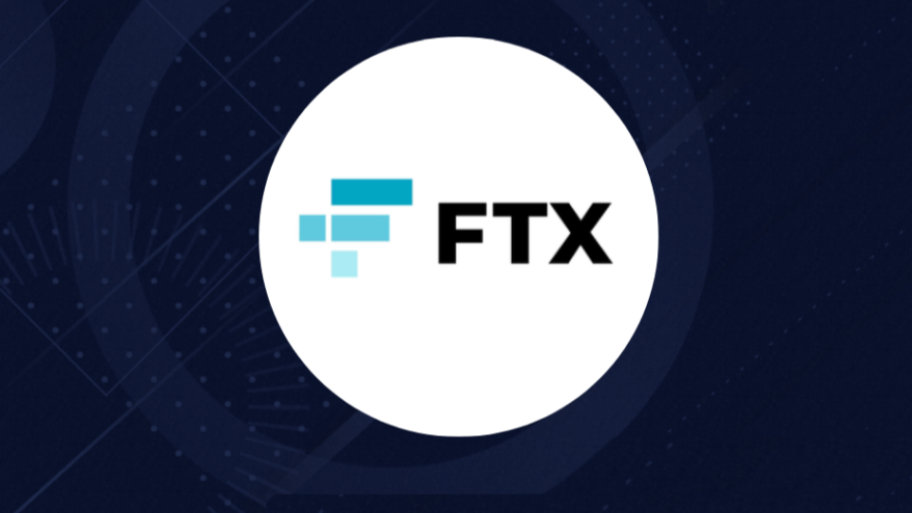FTX, at one point the world’s second-largest cryptocurrency exchange before its spectacular collapse in late 2022, has recovered over $7.3 billion in cash and liquid crypto assets, the company’s attorney said on Wednesday.
Speaking at a US bankruptcy court hearing in Delaware, FTX attorney Andy Dietderich said that its tally of recovered funds had increased by more than $800 million since January. He also said that the “situation has stabilised” as the company looks to move beyond the legacy of its founder Sam Bankman-Fried, who has pleaded not guilty to over a dozen charges related to fraud.
The lawyer said that FTX has benefitted from the recent rises in crypto prices, noting that its total recovery prices would be valued at $6.2 billion based on rates from November 2022 when it filed for bankruptcy.
Dietderich added that FTX is negotiating with stakeholders about options for restarting its exchange which came to a screeching halt in November when users withdrew $6 billion over the span of three days. A decision on a restart may be made this quarter, he said, though Dietderich did not provide details on what this would mean for customers whose deposits have been locked up over the past six months.
Dietderich, who described FTX’s app as “a facade”, said that the company would require significant capital to restart its exchange and noted that the existing customer interface had little connection to the movement of money behind the scenes. Dietderich said that it is not clear whether FTX should use its own funds to restart the exchange rather than repaying customers, with the latter likely requiring outside funding or a sale of FTX’s assets.
The lawyer also said that FTX is working on a Chapter 11 plan to offer it a path out of bankruptcy and plans to file this in July. Dietderich however admitted that FTX does not expect any plan to be approved before the second quarter of 2024 and that details still need to be worked out as creditors fight for their share.
Latest News
-
Gemini to cut quarter of workforce and exit UK, EU and Australia as crypto slump forces retrenchment
-
Bank ABC’s mobile-only ila bank migrates to core banking platform
-
Visa launches platform to accelerate small business growth in US
-
NatWest to expand Accelerator programme to 50,000 members in 2026
-
BBVA joins European stablecoin coalition
-
eToro partners with Amundi to launch equity portfolio with exposure to ‘megatrends’
Creating value together: Strategic partnerships in the age of GCCs
As Global Capability Centres reshape the financial services landscape, one question stands out: how do leading banks balance in-house innovation with strategic partnerships to drive real transformation?
Data trust in the AI era: Building customer confidence through responsible banking
In the second episode of FStech’s three-part video podcast series sponsored by HCLTech, Sudip Lahiri, Executive Vice President & Head of Financial Services for Europe & UKI at HCLTech examines the critical relationship between data trust, transparency, and responsible AI implementation in financial services.
Banking's GenAI evolution: Beyond the hype, building the future
In the first episode of a three-part video podcast series sponsored by HCLTech, Sudip Lahiri, Executive Vice President & Head of Financial Services for Europe & UKI at HCLTech explores how financial institutions can navigate the transformative potential of Generative AI while building lasting foundations for innovation.
Beyond compliance: Building unshakeable operational resilience in financial services
In today's rapidly evolving financial landscape, operational resilience has become a critical focus for institutions worldwide. As regulatory requirements grow more complex and cyber threats, particularly ransomware, become increasingly sophisticated, financial services providers must adapt and strengthen their defences. The intersection of compliance, technology, and security presents both challenges and opportunities.
© 2019 Perspective Publishing Privacy & Cookies













Recent Stories